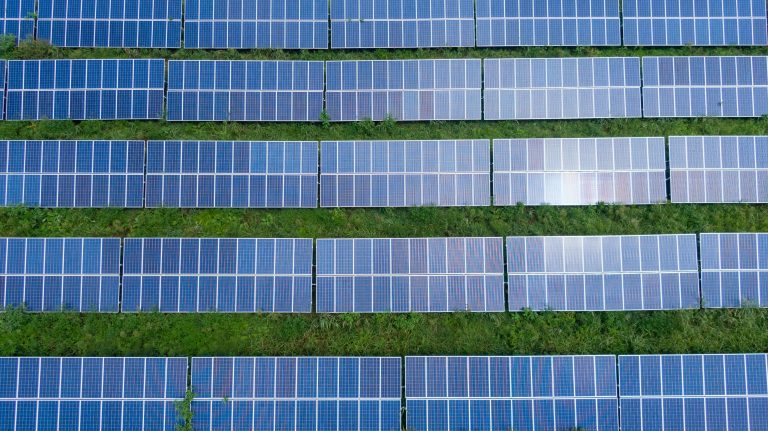Jakarta – The Indonesian government is partnering with Chinese global manufacturer Trina Solar to strengthen the domestic solar panel industry. Minister of Energy and Mineral Resources Bahlil Lahadalia said on Thursday, August 14, that this partnership will be key to building a stronger national solar energy supply chain and reducing dependence on imports.
“Indonesia’s solar energy potential reaches thousands of gigawatts. If this is not optimised, we will continue to lag. Therefore, we need to partner with major manufacturers such as Trina Solar to accelerate energy independence,” said Bahlil during a bilateral meeting in China.
Based on data from the Ministry of Energy and Mineral Resources, Indonesia has a solar energy potential of up to 3,294 Gigawatt Peak (GWp). However, as of December 2024, only around 912 Megawatts (MW) have been utilised. Meanwhile, President Prabowo Subianto has set a target of building 100 GW of solar power plants (PLTS), including a village-based cooperative PLTS program.
One of the main topics of discussion was strengthening cooperation with PT Trina Mas Agra Indonesia (TMAI), a joint venture between Trina Solar and local partners based in the Kendal Special Economic Zone, Central Java. Established in 2023, TMAI became the first tier-1 integrated solar cell and module factory in Indonesia, with an initial capacity of 1 GWp per year and plans to expand to 3 GW in the next 2–3 years. The technology used includes i-TOPCon N-type, one of the most efficient solar panel technologies.
“With the presence of TMAI, we can reduce our dependence on imported components, accelerate industrial downstreaming, and create an integrated solar energy supply chain from upstream to downstream,” Bahlil said.
In addition to expanding production capacity, the collaboration with Trina Solar is expected to open up opportunities for advanced technology transfer, ranging from research and development, manufacturing, to the utilisation of integrated energy solutions. This includes the use of Internet of Things (IoT)-based systems and energy storage through Battery Energy Storage Systems (BESS).
According to Bahlil, this model is similar to the industrialisation measures implemented by the energy sector in other countries.
“We want the solar panel industry in Indonesia to not only meet domestic demand, but also be able to compete in the global market,” he said. (Hartatik)
Photo banner: Kelly/Pexels.com















